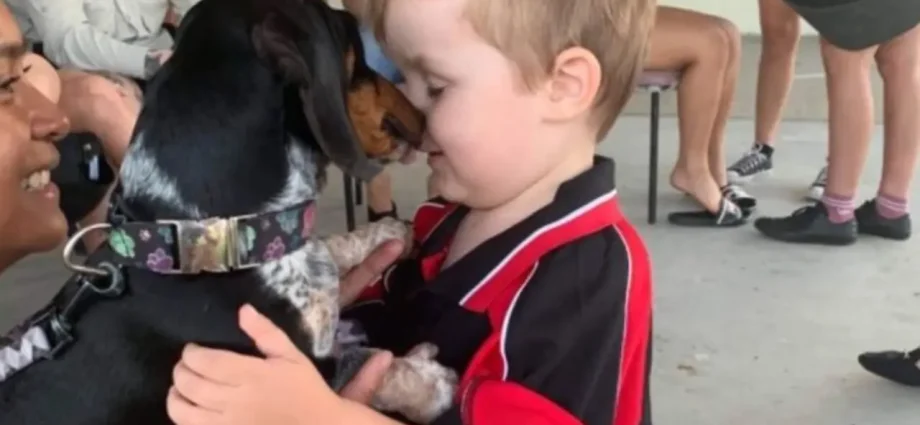A 2,5-year-old boy in a critical condition was hospitalized in Sucha Beskidzka in mid-March. Despite the doctors’ efforts, the child could not be saved. It was another case of invasive meningococcal disease in the Lesser Poland Voivodeship in the last few months.
Death of a child due to meningococcal infection
The tragic event occurred on March 16 – coinciding with the government’s decision to close schools due to the COVID-19 epidemic. The boy, who came from the commune of Zembrzyce (Lesser Poland Voivodeship), was sent to a hospital in Beskid in a serious condition. By the time he was admitted, the invasive meningococcal disease in the form of sepsis had attacked almost all of his organs. As a result, the little patient died after just 2 hours of hospitalization. The boy’s relatives were treated with chemoprophylaxis (administration of an antibiotic), which involved a total of 9 people. The conducted research confirmed that the cause of sepsis was type B meningococcus, informs the Poviat Sanitary and Epidemiological Station in Sucha Beskidzka.
- Editors recommend: Everything you need to know about meningococcus
At the end of last year, there was another case of meningococcal B infection in Małopolska. Meningococcal sepsis was diagnosed in an 11-month-old boy from Oświęcim County, who was admitted to the County Hospital in Oświęcim. Fortunately, the child was saved, but was hospitalized for 15 days1.
However, already this year, meningococcus attacked, among others, in Greater Poland. At the end of January, a 1,5-year-old boy with meningococcal sepsis was admitted to the hospital in Ostrów Wielkopolski in a critically ill condition. After several weeks of hospitalization, the child’s condition improved, although he had to undergo several operations due to thromboembolic complications.2. According to the information from PSSE, sepsis was caused by the same type of meningococcus as in children from Małopolska.
Bacteria dangerous to the youngest
It is not a coincidence that the meningococcal infections have affected young children. The greatest risk factor for invasive meningococcal disease (occurs in the form of sepsis and / or sepsis with meningitis)3) is just age4.
– As many as three-quarters of cases of IChM concern children up to 5 years of age, with the peak incidence in the first year of life, which results from the immaturity of the immune system – explains Dr. Alicja Karney from the Foundation of the Institute of Mother and Child in Warsaw. The IMiD Foundation together with GSK conducts an educational campaign “Wyprzedź meningococcus”, the aim of which is to increase awareness of the risk of meningococci and the possibility of protection against them.
Meningococcal sepsis causes the most deaths in children of any infectious disease that can be prevented by vaccination. In 2017, 6 babies, aged 0-4 years, died due to meningococcal infection5. Every fifth patient who survives a meningococcal infection suffers from permanent complications, e.g. hearing loss, impairment, and even limb amputation.6. This statistic is related to the nature of invasive meningococcal disease. The first symptoms are non-specific, they resemble a cold or the flu, and are therefore difficult to recognize7. And the disease progresses rapidly – it can become life-threatening in just 24 hours8.
In the fight against meningococcus, time is crucial, which we often do not have. It seems that the doctors from Sucha Beskidzka also missed him. Therefore, the optimal way to protect against these dangerous bacteria are vaccinations, which can be used from the age of 2 months onwards
– explains Dr. Alicja Karney. In the first place, experts recommend vaccinations against meningococcus type B, which is responsible for the highest number of infections in Poland9, 4. They also caused the disease in children from Małopolska and Greater Poland. Meningococcal immunization is recommended but not reimbursed10.
Find out more at WyprzedzMeningokoki.pl
This may interest you:
- The most common infectious diseases in children
- What are the symptoms of coronavirus in children?
- Rotavirus vaccination – facts and myths










